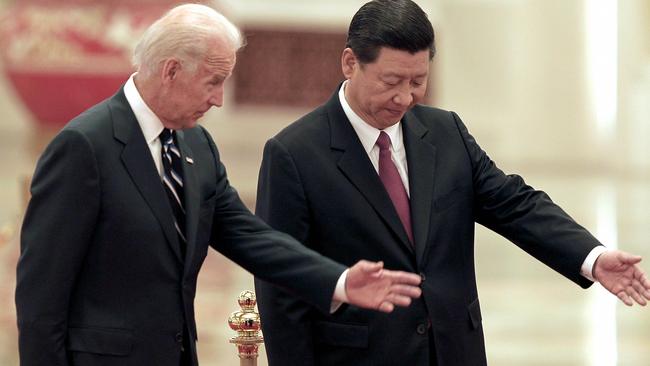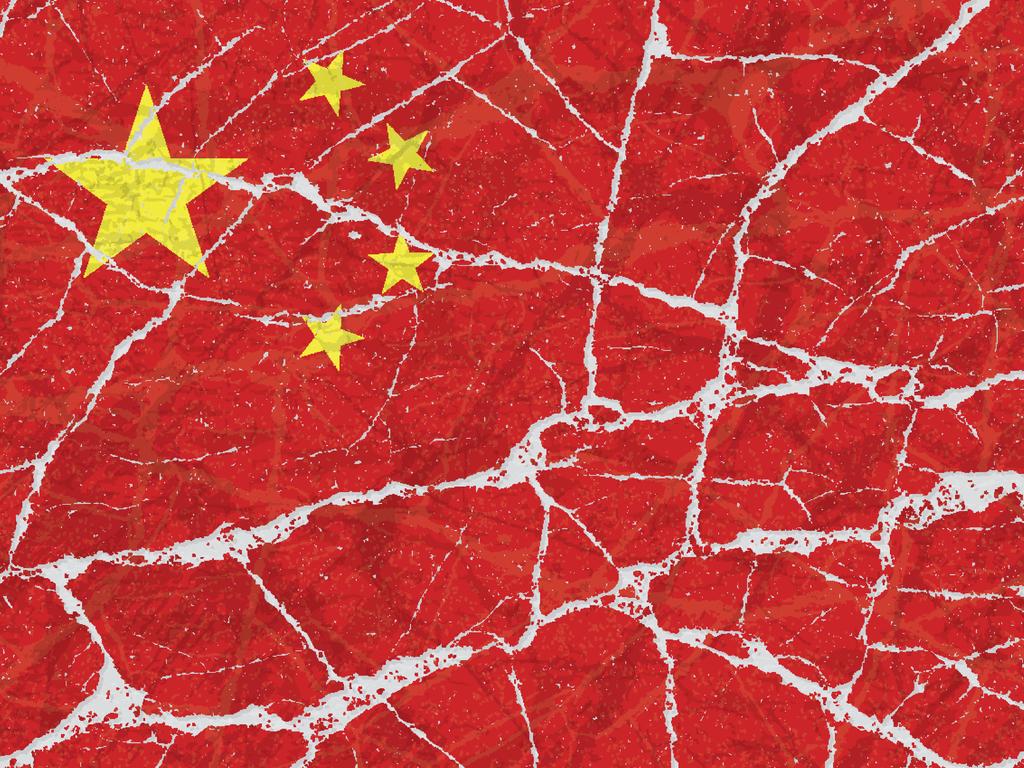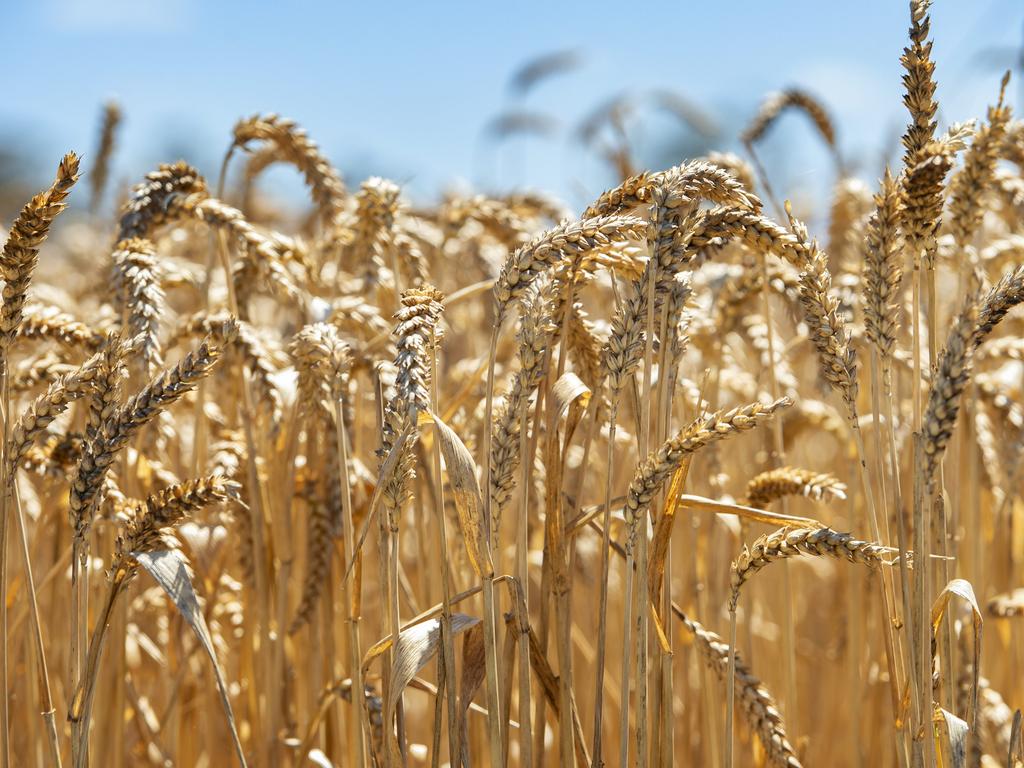Australia can stand on its own, between China and the US

From seafood to wine, from meat to coal, Australia has been on the wrong side of a trade spat with China. Our businesses are hurting and getting anxious. But it has been a long time brewing and it’s not as if we haven’t seen it coming.
The Regional Comprehensive Economic Partnership is arguably the world’s largest free-trade agreement and involves Indonesia, Australia, Brunei, Cambodia, China, Indonesia, Japan, Laos, Malaysia, Myanmar, New Zealand, The Philippines, Singapore, South Korea, Thailand and Vietnam. Importantly, and regrettably for Australia, India didn’t sign up.
The RCEP and China’s involvement is a big deal. RCEP countries made up two-thirds of our exports in 2019-20 and China accounted for more than 50 per cent of that. But in the week in November that the RCEP was signed — a huge boost for Australia — relations between Australia and China took a nosedive.
Like it or not, though, China is a big deal for Australia’s past and will be an even bigger deal for our future. It’s the juggernaut economy in our region; alongside India and Indonesia, it will be the growth pole around which world economic growth and global trade will be shaped in decades to come.
The facts are these: global economic growth is rotating toward our region in what truly will be the Asian century; population growth will remain strong in our region; incomes growth will be exceptional in our region; and global trade will essentially rise off the back of Asia.
Whether China and the US decouple may well be an academic question for Australia if this Australia-China spat continues for much longer.
There is too much at stake for Australia. Even while the federal government rightly seeks to pivot Australia’s trade away from its singular reliance on China, this will take time and it will take finesse, because for China it is not just about trade. Herein lies the core of the need for a repositioning of Australia’s strategic focus.
For too long we have viewed Australia’s relationship with China in old-world-order terms, with China as the authoritarian state. Authoritarian it is, but this is not the lens through which to view China. To do so keeps us in the mindset of the “hiding and biding” credo of former leader Deng Xiaoping.
To understand China and our predicament, and to strategically position ourselves for the future, China should be viewed in the same terms in which we view the US — that of exceptionalism. This is not about whether we agree, it is about how China sees itself. As President Xi Jinping has remarked, the ambition of modern-day China is nothing less than the “great rejuvenation of the Chinese people”.
It’s no wonder Australia’s recent relations with China have been characterised as one of China’s lack of response to Australia’s overtures; to aggressive trade positions; to immediate reciprocal tit-for-tat in diplomatic posturing — never giving an inch.
It’s because China views itself in hegemonic terms. This is why the Asian Infrastructure Investment Bank, the Belt and Road Initiative, globalisation speeches at the World Economic Forum and the RCEP have all been orchestrated, to varying extents, representing this posture of China.
The BRI secures supply chains and markets for China but also serves as its vanguard for influence. In this light, Australia’s response to China has met with indifference or counterpunch, time after time. China no longer hides and no longer bides its time.
Australia is caught in the middle of a play that American political scientist Graham Allison dramatically captures thus: “Can America and China escape Thucydides’ trap?” — a play that historically has not ended well as a rising power threatens to displace a ruling one.
We abide in this region of Asia. And the tide has turned toward this region. But we can take lessons from the history of Asia — to be in Asia does not mean we can’t be independent; Asia is not homogenous.
Australia is a free, independent, vibrant, export-oriented, democratic nation. Our path is not to blindly acquiesce to China or the US. We have ties with both and the imperative is to traverse them both with nuance and respect.
A starting point might well be to consider the strategic lens of exceptionalism as we view the hegemony of both China and the US. Our businesses, our economic prosperity and security, and our identity all depend on this.
Pradeep Philip is a partner and head of Deloitte Access Economics.







While last year signified a totemic shift in US-China relations, this year Australia has been caught in the crossfire and in the line of fire of so-called wolf warriors dominating China’s external posture.